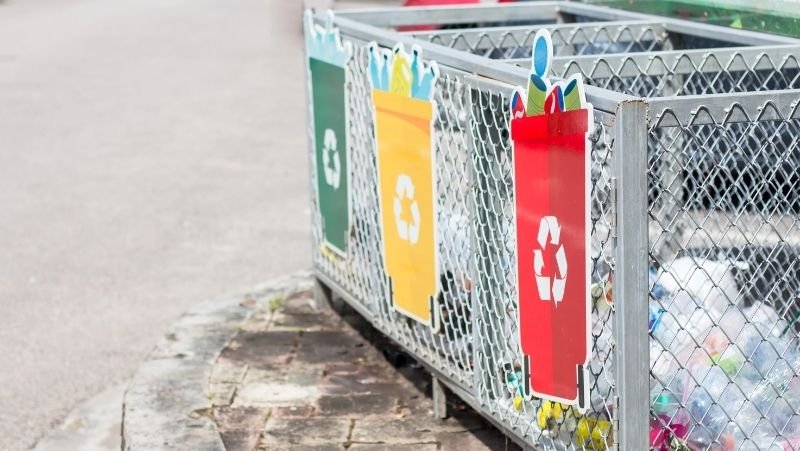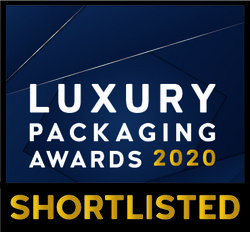In the programme ‘The War on Plastic’, both presenters – Hugh Fearnley-Whitttingstall and Anita Rani – spent the whole sixty minutes criticising plastic, in particular, sandwich cartons. But halfway through, my wife spotted that Anita Rani was wearing a mock leather skirt – which, ironically, is a form of plastic. “Can’t be that bad” you would think. Still, the fact that the sandwich carton lined with plastic kept the sandwich safe and fresh went amiss because it was called’plastic’! This highlights the demonisation and a real double standard surrounding the topic of plastic.
As you may know, Stager has pivoted away from just packaging to supply the NHS with visors (made from ocean waste). As a consequence, we enquired about Plastics Tax for this to be told by Defra that PPE would be immune from this tax. “Why is this?” I thought. It is plastic after all and it is a packaging of a sort. Are we not all in this together, recycling post-consumer waste? Why is it just the packaging companies that get hit?
The sad part is that carefully done, these items – just like acetate boxes – could use up a lot of waste-water-bottles or ocean plastic waste. But one has to be careful not to add too much post-consumer waste to the visors, as it affects the visibility!
I suppose that more work should be done so that each piece of plastic is judged on its merits as a packaging item and if it can’t be beaten on the grounds of safety, affordability and functionality then go with it and let us concentrate more on how we can dispose of it safely so as the environment does not get contaminated.
I was in a Supermarket last week buying some apples (an apple a day keeps the Doctor away) and I have to say that the idea of buying loose, bruised, fingered apples, did not appeal to me. In the end, I bought a plastic bag of apples because I felt it was safer! Bringing a refillable container to the Supermarket also did not feel safe (too many hands). In the end, I bought a plastic bottle because I was more comfortable doing so. The population has to be safe and plastic will be here for a long time fulfilling that function and keeping food waste to a minimum. Some items just can’t be replaced affordably.
There is no doubt in my mind that the problem of plastic pollution lies not with the plastic itself but rather with the fact that the world’s production of it outstrips the recycling of it by a large margin. During the lockdown, I have been cycling (bed knees prevent me from running, sadly) and it saddened me to see so much waste littering the countryside (not all of it was plastic, by the way).
Plastic pollution is a big problem and I have to say that the Government has not shown much foresight in tackling it. Our infrastructure has been underinvested in, with no twenty-five-year plan! So, what would the best plan be?
My suggestion is to recycle what can be recycled profitably and then burn the remaining waste for energy and production of hydrogen. Mixed, unsorted and contaminated plastics can be destructed and regenerated into an energy-rich syngas through thermal conversion, with minimal inert by-products. Electrical power, heat and hydrogen are produced in this way for local consumption. You can visit Powerhouse Energy Group to learn more about how this works out for the environment.
Chemical Recycling is another possibility and I spent a few hours last week trying to understand it (mixed results!). How near this is to commercialization? I don’t know…
Instead of compromising on safety and convenience let us concentrate on dealing with the issue of waste management. For the undeniable problems with plastic waste, responsibly used plastic reduces energy consumption, cuts down on food waste, reduces living costs and saves lives! Let us not throw the baby out with the bathwater.


